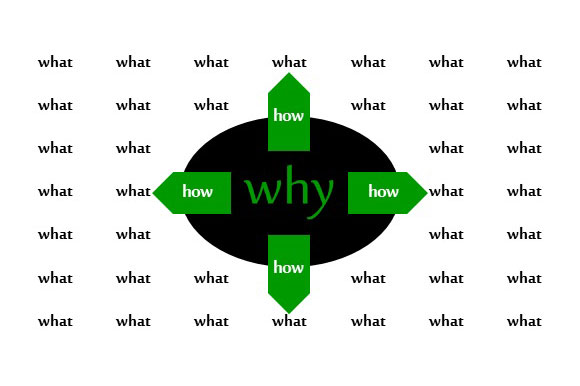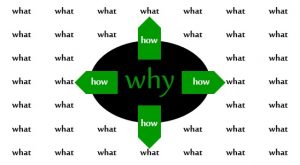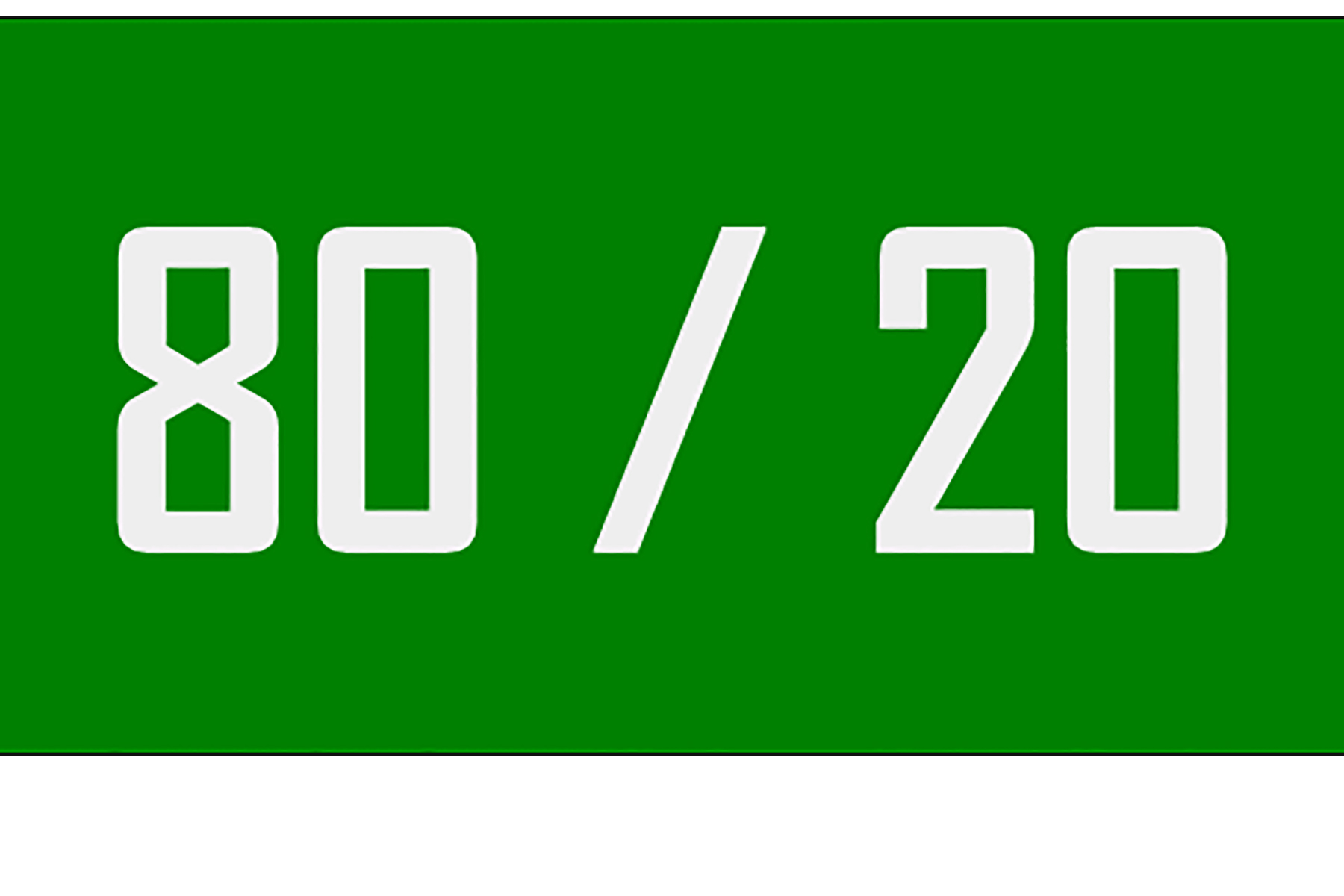Tag: Leadership
How Do You Get What You Want?


Has it ever happened to you to ask a waiter for something, who says “Sure, no prob”, and then he or she shows up with something different and then runs off, disappearing?
My father in law, Miguel, has a funny comeback for these situations. He got it from one of his law professors in university when he’d get answers to questions he did not ask.
Miguel says he sometimes feels like saying: “Now that you’ve brought me whatever you felt like, could you please bring me what I asked for!” However, I’ve never heard him use this line. I’m guessing he’s too much of an experienced gentleman to answer this way.
Crucial to effective communication and team performance is mastering the art of requests. We practice this in my seminars. The goal is to know what we want, why we want it and how we’ll get it.
With the diagram above, notice differences between needs, wants and requests:
Need = The Problem, Why: It’s a vital element to our wellbeing as humans. Thirst, tranquility and safety are examples. Notice that – physical, psychological or spiritual – we all tend to share similar needs. Here’s a list of common needs.
- Want = The Solution, What: It’s an answer to satisfying a particular need. If you’re thirsty you might want water; if you need some peace you could desire silence; if you need safety you might want a new door lock.
Our wants are the choices we make to respond to our needs.
Notice wants are one of many options. Instead of water you could want a soda; music instead of silence; a Rottweiler, not a lock. Unlike needs, wants are informed by our environment. For ex., the need for clothing can result in wanting the clothes informed by the fashion culture.
- Request = The Strategy, How: It’s the act of petitioning something from someone for the purpose of satisfying a want or a need. Ex: You could ask your partner for water, your colleague to turn down the music, or the landlord for a new lock.
Requests are strategies we use to satisfy our wants and needs.
Notice once again how a request is one of several strategies. You could have decided to get the water yourself, move to a quieter room, or change the lock on your own.
If we confuse the three, we end up requesting things we don’t want and wanting things we don’t need. We confuse problems (needs) with solutions (wants). We neglect the strategies (requests), forget the why (needs) and focus only on the solution (wants).
A tool for when we don’t get what we want: Ask yourself: What is the real problem (the need, why)? Are there other solutions (the wants, what) or better strategies (the requests, how)? Now adapt your wants and requests to meet your needs!
When a request is the best strategy, we want to trigger willingness from the receiver, not denial. We’ll discuss how to do this in following entries. Comments? Questions?
It’s Always My Fault!

 On Tuesday, a client and I met to discuss a session we’re going to do on relationship management. One of the topics was how the corporation’s managers sometimes can’t stand some of the people they work with. They feel it’s useless and case closed.
On Tuesday, a client and I met to discuss a session we’re going to do on relationship management. One of the topics was how the corporation’s managers sometimes can’t stand some of the people they work with. They feel it’s useless and case closed.
I love this topic, especially when it comes up in my seminars. It’s always interesting to see the look on participants’ faces when I present the commitment ratio of the relationship building system I created: 80% you; 20% the other person. What?!
Yep, that’s the look on their faces. You do 80% of the work and the other person does 20%. “That’s not fair!” — some might say. Relationship management at work is not about fairness (that comes later), it’s about effectiveness.
The ultimate challenge is not
how you relate to others. It’s how you deal with YOU!
Relationships need to function for everyone to get their jobs done. An 80/20 ratio assures your commitment produces functioning results that guarantee performance. “But it doesn’t make sense: the other person is the problem, not me!” — others object.
This reminds me of a story back in my university days. One late night, as I was making my way home, I saw a man literally banging his head against a street post. I kind of recognized him, so I walked up to him.
After a long monologue, I came to learn his tragic story. His wife had left with another man and took the children. His partner was no longer a partner. His business was crumbling. He was drinking… I almost felt sorry for him. But then I didn’t.
It’s a tough lesson: either you take on the responsibility
of being in charge of the events of your life or… you don’t.
When he finally asked if I wasn’t going to say anything, I asked: “You expected people would behave in a certain way, right?” What?! — was the look on his face. Then silence. Then a smile.
“That’s right”, he said. “I’ve blamed everyone around me for everything that has happened to me. That puts the power to lead my life in their hands, not in mine. To be in charge, I need to accept it’s my fault.”
That day, that man began to understand that it will always be up to him to take charge of how relationships affect his life and how he will proceed. He understood that the outcomes of our relationships start with us.
Today, that man leads a fulfilling life — lots of challenges no doubt, but fulfilling. Today, he is an 80/20 man, committed to producing functioning results that guarantee performance. His approach is: regardless of what happens, it’s always my responsibility.
Could this work for you? I’m eager to see how the managers will respond!

